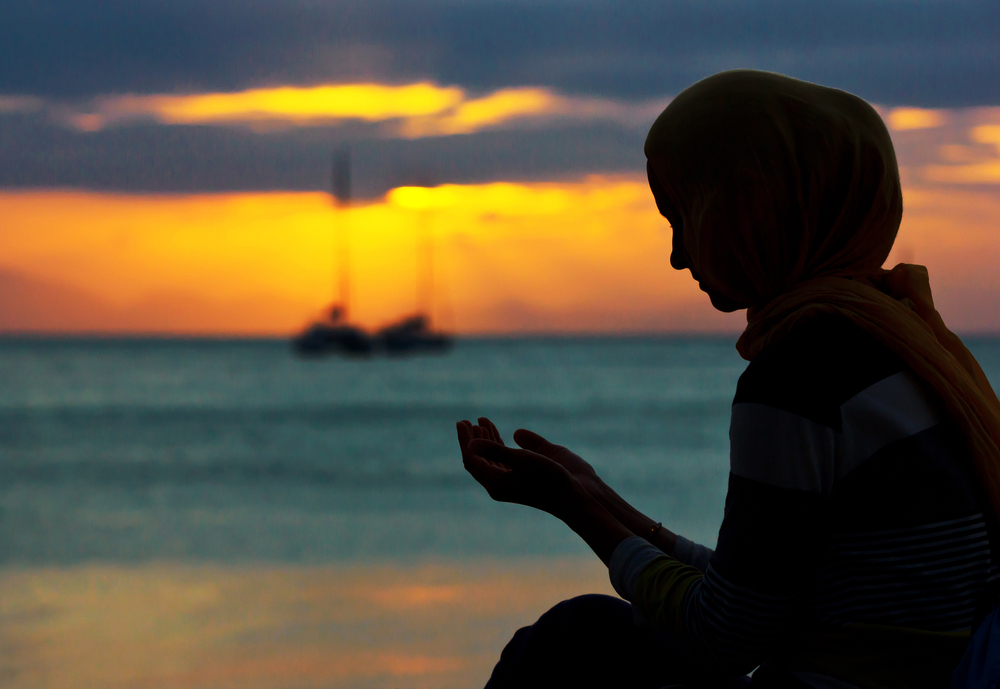Finally, They too Spoke
By Dr. Aslam Abdullah, TMO Editor-in-chief
 |
Labourers work at a construction site on the outskirts of the southern Indian city of Hyderabad November 10, 2008. REUTERS/Krishnendu Halder |
Some 6,000 Muslim religious teachers and leaders in India issued a fatwa against against terrorism at the Anti-Terrorism Global Peace Conference in Hyderabad. The fatwa was issued on the letterhead of Darul Uloom Deoband, reading: “Islam is a religion of peace and security. In its eyes, on any party over the surface of the earth spreading mischief, rioting, breach of peace, bloodshed, killing of innocent persons and plundering are the most inhuman crimes.â€
The leader of the Deoband, a religious seminary often accused of promoting teachings that led to the rise of groups such as the Taliban, Madani said: “Terrorism has emerged as the most serious challenge faced by our nation in recent times. It threatens to strike at the very root of secular structure of our society, besides causing irreparable loss in terms of human lives and property. The conference has provided the opportunity for the entire Islamic community to come on a single platform and raise its voice against terrorism.â€
The conference also adopted a seven-point declaration condemning the propaganda that “regards terrorism as synonymous with jihad.â€
“There is a world of difference between terrorism and jihad. Jihad is constructive and terrorism is destructive. Jihad is for the establishment of peace…terrorism is the gravest crime as held by Qur`an and Islam,†the declaration said.
Addressing the huge gathering, Jamiat Ulama-I-Hind president Hazrat Maulana Qari Sayed Mohammad Usman said: “We appeal to the Government of India and international community that if they are sincere about rooting out the menace of terrorism they must strive to establish justice and fair play in society.
Interestingly, a Hindu social activist, Swami Agnivesh, described the United States as the terrorist number one. To defame the Holy Koran and Islam is the worst form of terrorism, he said.
The fatwa is a pleasant departure from the usual opinions on such relatively minor issues.
The fatwa should be welcomed regardless of the delay the teachers took in issuing it. If it had been issued when the Taliban were on the rise, probably today’s situation might be totally different in Afghanistan and other places.
It is encouraging to see that religious leaders are getting involved in everyday affairs of the people. For almost a century the notion that is being promoted in most Muslim religious seminaries that Islam is primarily a faith of rituals with nothing to do with hunger, social justice, peace, and distribution of worldly resources.
Many scholars have condemned this worldly life, and some would argue they have exhorted believers to accept their poor living conditions in order to find a better place in heaven. Even though this notion of Islam goes contrary to the divine teachings that clearly commands the believer to seek the best in this life and the life hereafter, the message that has dominated Muslim religious school so far was more ritualistic than social or economic.
The curriculum that is taught in religious seminaries testifies to that. While the divine scripture, the Qur`an, commands Muslims to explore the universe by discovering the laws of things created for human beings, the religious schools have, by and large shunned the study of biology, economy, history, zoology, environment, and sciences in general. Even the study of mathematics is limited to the level that can help a religious scholar calculate the amount of zakat or charity.
Obviously, in such a situation, the fatwa against terrorism points to a new direction that Muslim seminaries might be willing to take. One hopes that the fatwa is not an act of political expediency; rather we hope it is a genuine voice grounded in scriptures.
10-47












2008
829 views
views
0
comments